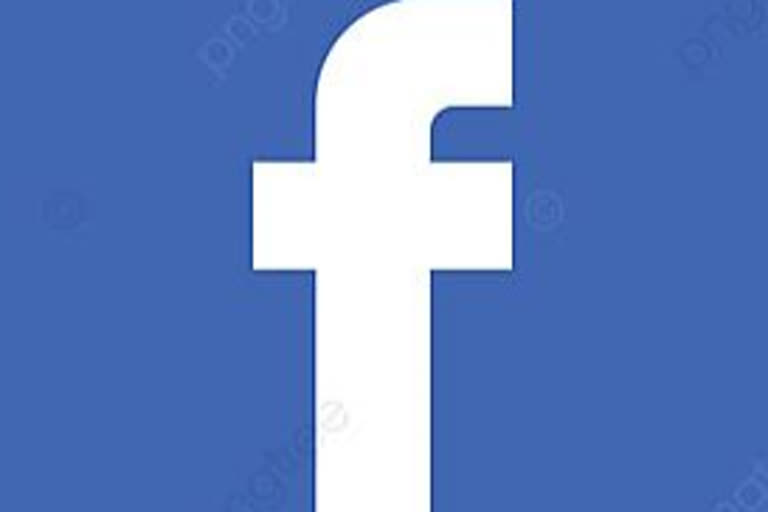New Delhi: With the increasing dependency on social media platforms during the on-going communication revolution, Facebook and Whatsapp have emerged as common platforms for millions of people across the world and India, being one of the most populous countries, these two have become very popular not only among the masses but political leadership of the country as well.
Prime Minister Narendra Modi has more followers on Facebook than any other political leader of the world, including US President Donald Trump.
A massive political row broke out after a report by the Wall Street Journal (WSJ) last week alleged that senior Facebook executives had opposed applying hate speech rules to posts by certain BJP leaders.
The BJP, which realised the importance of social media platforms before other political parties, started using Facebook and other social media platforms in a major way from 2014 onwards with Modi asking the BJP workers and leaders to be in touch with people through the new medium.
Earlier, most political parties and leaders would use public rallies, meetings and personal visits to interact with people and share their thoughts but post 2014, social media platforms started playing a significant role with leaders having a free hand to reach the public any time they felt like doing so.
Also Read: Nadda slams Rahul's 'nefarious designs' after SC junks PM-CARES plea
The fact that India has 29 crore Facebook users followed by the US with 19 crore has made clear to all political parties in the country that anything that is put on the social website, reaches a large number of people.
Former Congress president Rahul Gandhi has just 37.5 lakh followers on Facebook, very low as compared to that of Modi's and perhaps it causes some restlessness among the grand old party, which wrote a letter to Facebook CEO Mark Zuckerberg, demanding a probe into the alleged "bias" and interference of the social media giant's in the country’s electoral democracy.
In the letter to Zuckerberg, the Congress general secretary KC Venugopal referred to the WSJ report and said there were clear charges against the leadership of Facebook India of favouring the BJP consistently and being "complicit in propagating hate speech" by leaders belonging to the party.
The controversy once again underlines the importance of Facebook and other social media platforms among Indians and also how political parties could take the message to a large number of people.



